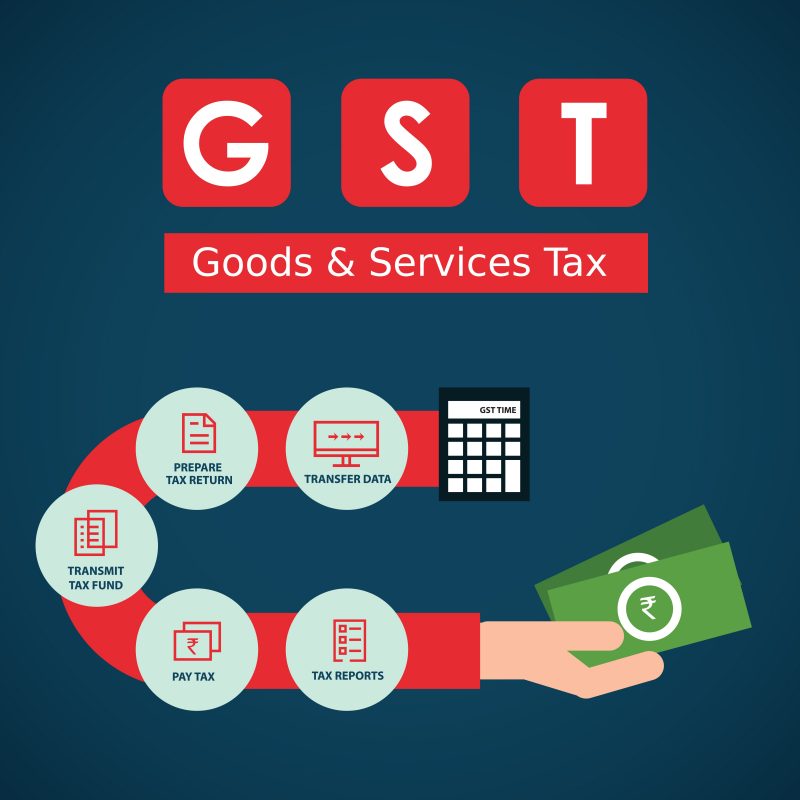The present system of GST return filing had several flaws, which led the government to introduce a new system for filing GST returns. The current system in place had initially caused a lot of grief for CAs, who had to understand the working of the system and the laws associated with it first and then file the taxpayers’ returns.
The new GST return system already sounds simpler with one principal return containing two annexures, instead of multiple return forms that are being filed at the moment by various classes of taxpayers.
However, before the new system gets implemented, there are certain aspects CAs must keep in mind, that will help them prepare better and make the transition for their clients a smooth and easy one.
1. Prepare for the new return system, theoretically and practically
One of the reasons the current return system resulted in complications and confusion from time to time was because taxpayers and CAs were not prepared when GST, the new indirect tax, was introduced in India.
After two years of GST, CAs should be ahead of the game and gain complete knowledge of the return forms, filing, transitioning, compliance and other legal aspects, well before implementation. This, in turn, will help them advise their clients accordingly.
On the practical front, they need good GST-compliant software in place, along with the requisite IT systems, to provide high-quality and uninterrupted services to their clients.
2. Complete all compliances under the current return system
A majority of CAs have been struggling with filing GST returns on time, right from the inception of GST. This is because they hardly got the support from their clients, who most often waited until the last moment to prepare their Books of Accounts and submit the data for filing.
However, since it is now time to leave the old system behind, and before moving on to the next leg of GST, CAs should help their clients get their Books in order and first finish filing all the necessary returns under the current return system. This will avoid all transitional issues that could later come up once the new return system gets implemented.
3. Ensure clients maintain proper Books of Accounts from the very beginning
While this is more a requirement for the new system being introduced, as the system is scheduled for implementation in the middle of the financial year, CAs must start stressing on the importance of proper book-keeping right away.
This will reduce the extent of reconciliations and the hassle of filing returns once the new system gets implemented. Also, it will smoothen out the transition phase as well, which will benefit everyone concerned.
4. Guide clients on the forms and procedures under the new GST return system
The forms under the new return system were announced several months ago, and it is high time that CAs have that discussion with their clients where they brief them about the types of return forms available and the period of filing they can opt for, depending on their supplies made and their turnovers.
They should help clients make an informed decision well in advance, instead of waiting for the system to be implemented to decide which return form needs to be filed.
5. Use their role to represent with the GST Council, GST authorities and decision-making bodies
Individual taxpayers do not have the opportunity to express themselves before GST authorities and put forth their views. However, CAs, with their professional contacts and clout, can convey the suggestions and woes of taxpayers, and help reform the tax system in India in changing it for the better.
Most often, one waits until a system is in place and then finds faults associated with it. Instead, it is easier to suggest ideas, and give feedback even before a system gets implemented to avoid complicated changes at a later date.
For any clarifications/feedback on the topic, please contact the writer at athena.rebello@cleartax.in

I’m a Chartered Accountant by profession and a writer by passion. ClearTax lets me be both. I love travel, hot tubs, and coffee. I believe that life is short, so I always eat dessert first. Wait.. life is also too short to be reading bios… Go read my articles!





